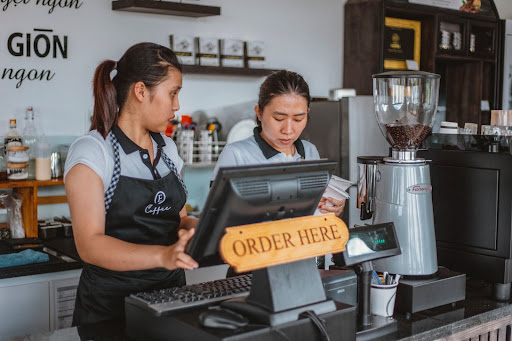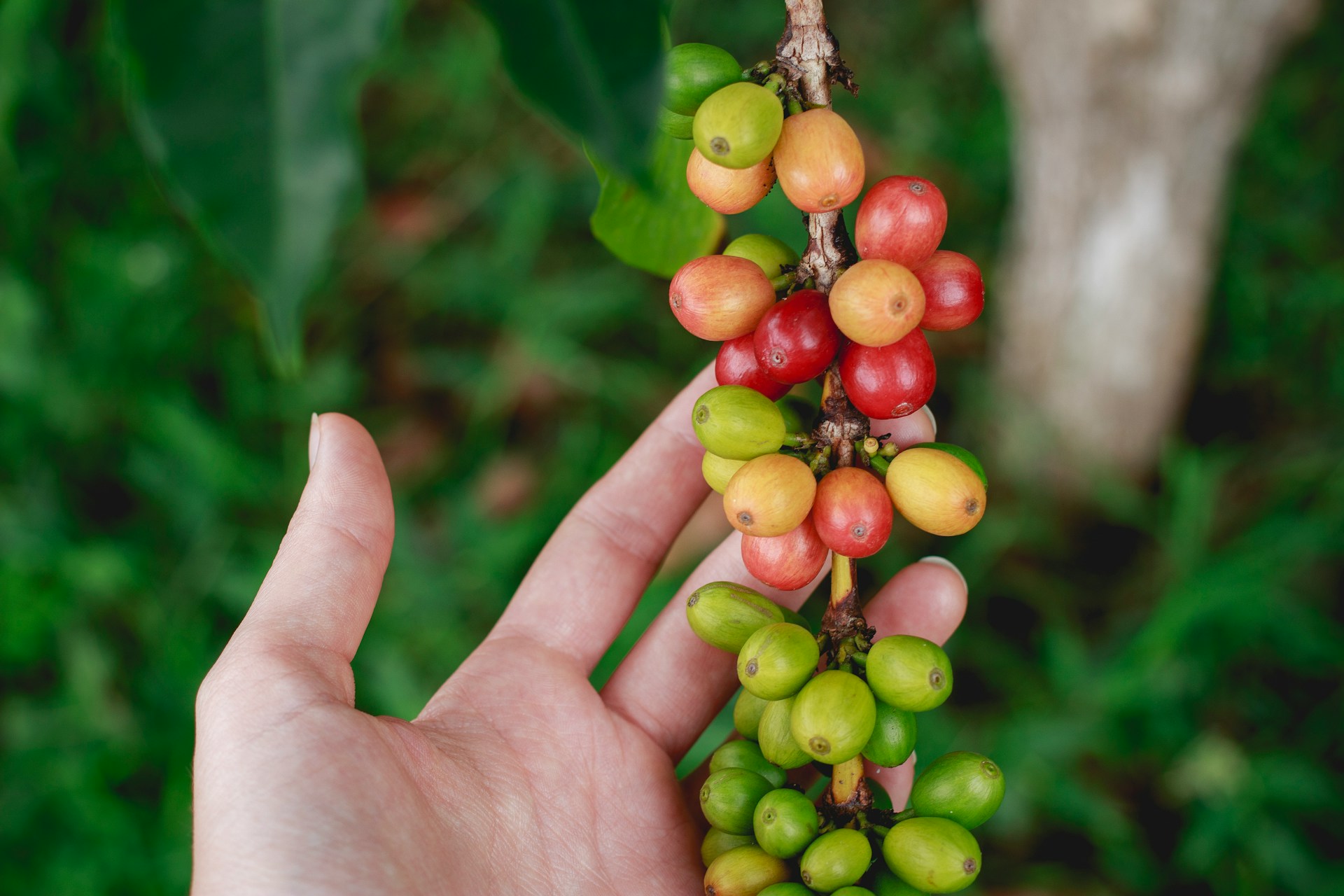Franchising and licensing are both popular business models that involve granting permission to third parties to use intellectual property, business processes and brand names. While they have similarities, there are significant differences between the two.
What is Franchising?
Franchising is a business arrangement where a successful company grants the rights to independent individuals or groups to operate their own businesses under the established brand and proven system of the franchisor.
Often, the franchisee pays fees or royalties to the franchisor in exchange for the use of their trademarks, business methods, and ongoing support.
Franchising offers entrepreneurs the opportunity to start a business with the support and reputation of an established brand, while the franchisor benefits from expanding their brand presence and generating revenue through the franchise network.
Franchising Examples
McDonalds is one of the most famous examples of a franchise; the fast food franchise now has more than 40,000 restaurants around the world.
Other famous franchise businesses include:
- Pizza Hut
- Burger King
- Taco Bell
- Subway
- Dunkin Doughnuts
What is Licencing?
Licensing is a business arrangement where a company or individual (licensor) grants permission to another party (licensee) to use their intellectual property, such as patents, trademarks, copyrights, or brand names, in exchange for predetermined fees or royalties.
In a licensing agreement, the licensor retains ownership of the intellectual property while allowing the licensee to incorporate it into their own products, services, or business operations.
Licensing enables companies to monetise their intellectual assets and expand their reach without directly engaging in production or distribution. It also provides licensees with access to valuable intellectual property to enhance their offerings and market competitiveness.
Let's take a closer look into how franchising and licensing differ.

Ownership and Control
Franchising: In a franchise agreement, the franchisor grants the franchisee the right to operate a business using its established brand, business model, and trademarks. The franchisor typically maintains more control over the franchisee's operations, providing ongoing support, guidance, and monitoring.
Licensing: With licensing, the licensor grants the licensee permission to use its intellectual property, such as patents, trademarks, copyrights, or brand names. However, the licensor generally has less control over the licensee's operations and doesn't typically provide the same level of support and guidance as in a franchise agreement.
Business Relationship
Franchising: The relationship between a franchisor and a franchisee is more comprehensive and involves a long-term commitment. The franchisor often offers extensive training, assistance with site selection, marketing support, and ongoing operational guidance.
Licensing: Licensing agreements are generally more focused on granting rights to specific intellectual property or brand usage. The licensor may provide limited support or guidelines, but the licensee has more independence and control over their business operations.

Business Format
Franchising: Franchising often involves a complete business format or system, which includes specific processes, operational guidelines, and standards that franchisees must follow. The goal is to replicate the franchisor's successful business model across multiple locations.
Licensing: Licensing typically involves granting the right to use a specific product, technology, trademark, or brand name. The licensee may incorporate the licensed intellectual property into their own business operations or products.
Fees and Profits
Franchising: Franchise agreements often involve significant upfront fees, such as an initial franchise fee or royalties based on a percentage of sales. Additionally, franchisees are commonly required to share a portion of their profits with the franchisor.
Licensing: Licensing agreements usually involve payment of royalties or licensing fees to the licensor, typically based on product sales or usage. However, the financial arrangements may vary depending on the specific terms of the agreement.
Overall, franchising tends to involve a more comprehensive relationship, focusing on replicating a successful business model, while licensing typically grants permission to use specific intellectual property or brand names with more independence and fewer ongoing obligations. Both models have their benefits and considerations, and the choice between them depends on the goals and preferences of the parties involved.

Franchising with Esquires Coffee
Here at Esquires, our franchise business model offers entrepreneurs a surefire path to success. Esquires Coffee is a leading coffee franchise that has been paving the way for ethical and sustainable coffee stores for over 25 years.
Each of our stores is unique and embraces that independent spirit that keeps customers coming back for more. Serving ethical, quality coffee with a focus on the people and planet is at the heart of what we do.
As an Esquires Coffee franchise partner, you'll be part of a well-established brand that values becoming a much-loved part of the local community, benefiting from the buying power and customer loyalty of a chain.
Along with our market expertise, you'll have access to a management structure that is robust, creative and delivers results. We offer a bespoke solution and support network for every partner' needs, including:
- Full training
- Marketing
- Store design
- Lease negotiation
And much more! If you are interested in becoming part of the Esquires family, apply today to find out more.








